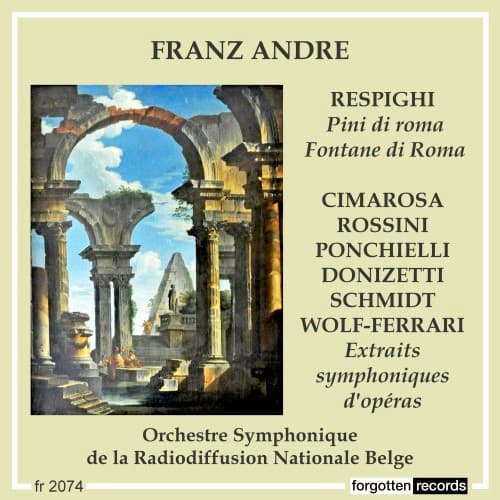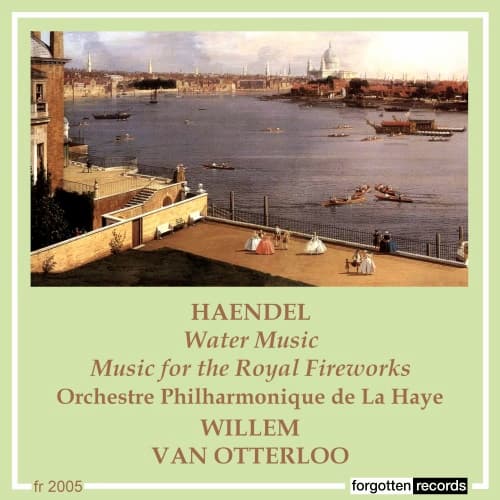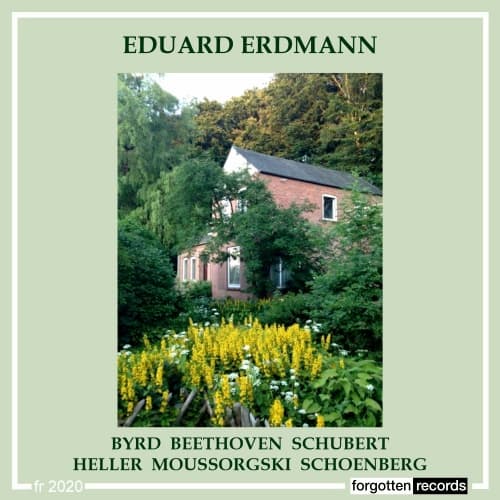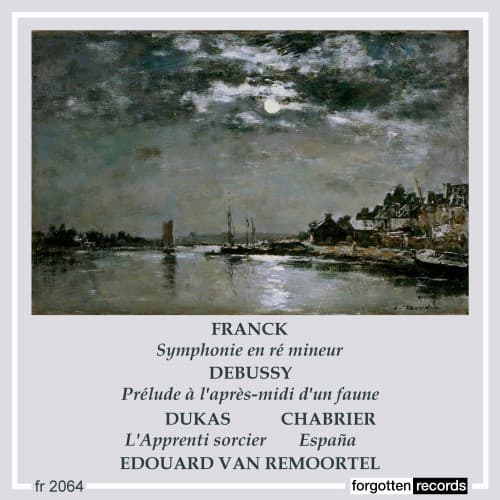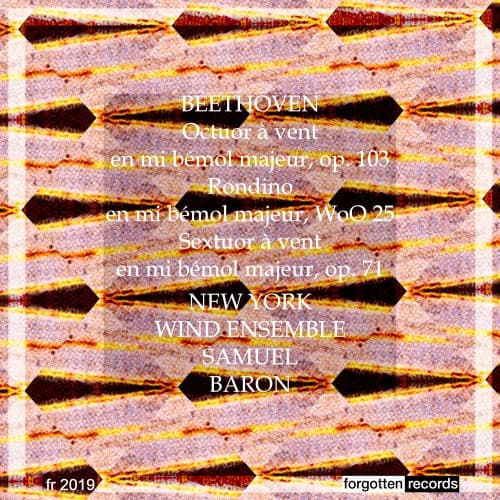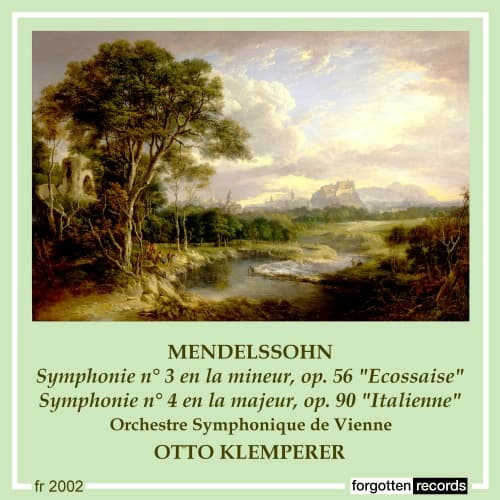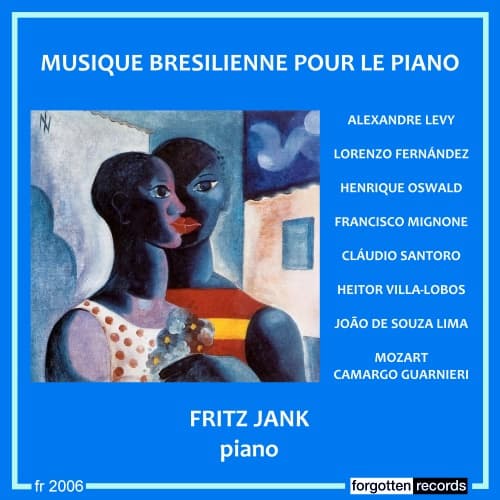The legend of the Swiss hero William Tell was the basis for Giaochino Rossini’s 1829 opera, Guillaume Tell, as through the hands of a play by Friedrich Schiller, Wilhelm Tell, and a libretto by Victor-Joseph Étienne de Jouy and L.
Archives
The powerful start to Beethoven’s Fifth Symphony has meant various things over the centuries. During his time, according to his assistant, the music was taken to signal Fate knocking at the door. During the second world war, it was a
When George Frideric Handel (1685-1759) first arrived in London in 1711, it was to oversee the staging of his new Italian opera Rinaldo. At the time, he was employed as the Kapellmeister in Hanover but was permitted to take 8
William Byrd (c. 1540–1623), although a Catholic in Protestant England under Elizabeth I, made his career as the greatest English composer of his era. Although his early studies are not fully known, it is believed that he studied in London
Debussy hated being called an impressionist composer. Impressionism in painting had been given its name based on the title of a Monet picture, Impression, soleil levant (Impression: Sunrise), the painters preferred to regard themselves as realists, showing the world in
Beethoven left his home city of Bonn in 1792 for Vienna, where he stayed for the rest of his life. This was his second attempt at Vienna – he had been sent there by his patron in 1787 where he
Mendelssohn had the consummate skill to bring a landscape to life, whether it was the wilds of the Scottish Isles in his Symphony No. 3, or the warmth of Italy in his Symphony No. 4. Mendelssohn began writing his Italian
The lure of South America in the late 19th- and early 20th-century resulted in the South American craze in France starting in the 1910s. Brazilian dancers and orchestras travelled to Europe and Europeans travelled back. French composers such as Darius

